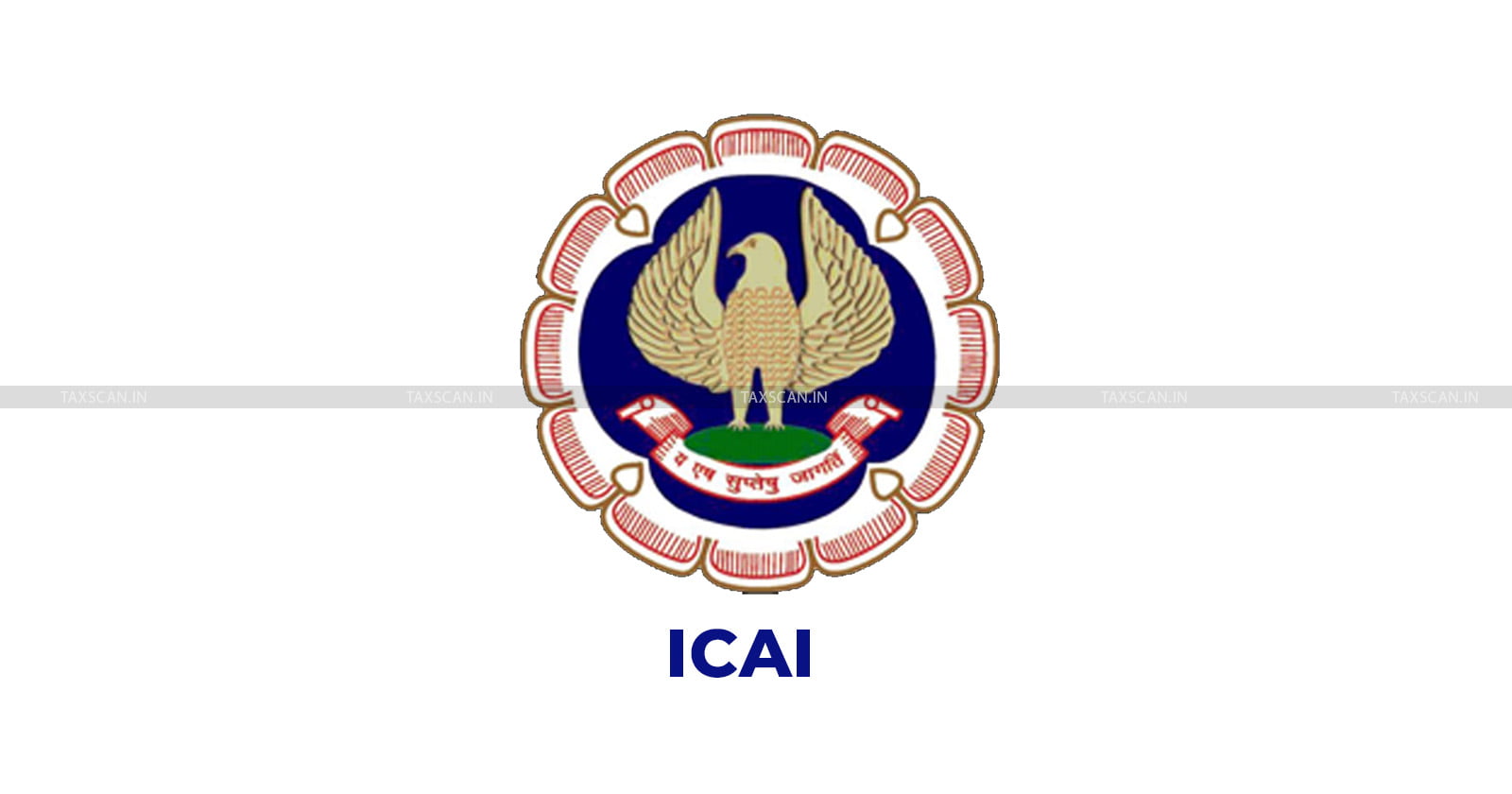ICAI debars CA for 60 Days with Fine for False Declaration of Company’s Registered Office Verification [Read Order]
The committee stated that the Companies Act, mandates a physical registered office capable of receiving communications, a standard not met by the virtual office arrangement opted for by the company

ICAI – CA False declaration – CA Professional misconduct – Chartered accountant misconduct – taxscan
ICAI – CA False declaration – CA Professional misconduct – Chartered accountant misconduct – taxscan
The Institute of Chartered Accountants of India ( ICAI ) has removed the name of the Chartered Accountant ( CA ) for 60 days with a fine for false declaration of the company's registered office verification and other non-compliance with the legal provisions.
The Registrar of Companies, NCT of Delhi and Haryana, has initiated legal proceedings against a Chartered Accountant (CA), alleging involvement in corporate malpractice within M/s Digipeergo Tech. Pvt. Ltd. The complaint lodged by the Registrar contended that the accused CA, along with certain individuals associated with the company, engaged in fraudulent activities, including the use of dummy persons for various roles, submission of forged documents, and non-compliance with legal provisions.
The complaint outlined several allegations against the respondent, primarily focusing on the falsification of the company's registered office address, frequent changes in directorship, and the use of fraudulent means during the company's incorporation process.
The investigation into the matter found the respondent - CA prima facie guilty of certifying false information regarding the registered office address of the company during its incorporation. Despite certifying the address based in Delhi, physical verification by regulatory authorities revealed the absence of the company at the purported location in Gurgaon, Haryana.
The CA defended that he had verified the premises through a video call and argued against the requirement of personal physical verification mandated by the SPICe form, citing the absence of such a requirement in the relevant legislation.
However, the committee overseeing the case dismissed the CA's defence, asserting that his actions fell short of the due diligence expected in his professional capacity. The committee highlighted discrepancies in the documentation provided for the company's incorporation, casting doubt on the thoroughness of the CA's verification process.
Furthermore, the committee stated that the Companies Act, 2013, mandates a physical registered office capable of receiving communications, a standard not met by the virtual office arrangement opted for by the company. Despite claims of verification through a co-working agreement, discrepancies in the agreement and the absence of a physical office space led to the CA's culpability for professional misconduct.
The Disciplinary Committee noted the discrepancies in the documents submitted by the Respondent-CA during the company's incorporation process. Specifically, it noted that the purported co-working agreement was actually an offer letter addressed to a different entity than the one named in the agreement. Additionally, the agreement between the service provider and the premises owner lacked crucial details, such as the date of agreement. These inconsistencies raised doubts about the level of diligence exercised by the Respondent in verifying the documentation, further implicating the Respondent in the misconduct investigation.
The Committee upon examination of overall facts noted that the Respondent had certified the form for incorporation of the Company i.e. M/s Digipeergo Tech. Pvt. Ltd. which was found not to be in line with the requirements of the Companies Act 2013.
Further the Respondent-CA failed to evaluate the same and instead went on to give the wrong declaration to have personally verified the registered office of the Company. Thus, the Respondent-CA was held accountable for not performing his professional duties with due diligence. Such a conduct of the Respondent pointed out at his lackadaisical approach towards professional assignments and the Respondent was held Guilty of Professional Misconduct falling within the meaning of Item (7) of Part-I of Second Schedule to the Chartered Accountants Act, 1949.
The ICAI Disciplinary Committee concluded that appropriate punishment should be administered to the Respondent in accordance with his professional misconduct. Thus, it was decided that CA would be removed from the Register of Members for a period of 60 days. Additionally, a fine of Rs. 20,000 was imposed, with a deadline of 90 days for payment. Failure to pay the fine within the stipulated time frame would result in an extension of the removal from the Register of Members for an additional 30 days.
To Read the full text of the Order CLICK HERE
Support our journalism by subscribing to Taxscan premium. Follow us on Telegram for quick updates


